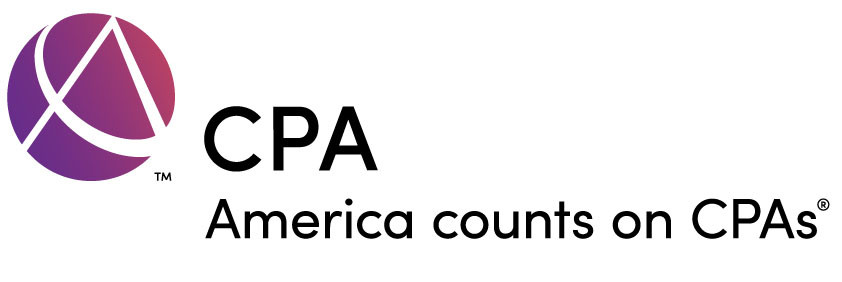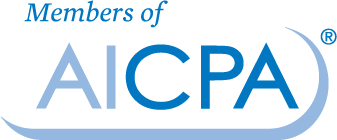Ready to Get Your Money Back From the IRS?
Bring us up to 3 years of past taxes and we’ll find ways to save you money, when we do we’ll help you file to get your money back from the IRS.

In the wake of the pandemic, remote work has become the new norm for many American workers. As businesses across a wide range of industries have shifted to a remote model, employees and employers alike have experienced numerous benefits such as reduced overhead costs, increased employee satisfaction, and access to a broader talent pool. However, it has also introduced a complex web of tax implications, particularly for small and medium-sized businesses (SMBs).
Understanding these implications is crucial for SMBs to avoid potential penalties and ensure compliance with tax laws. Understanding the concept of a tax nexus is one of the most significant challenges for many business owners. A tax nexus is a specific kind of legal relationship between a taxing jurisdiction, such as a municipality or state, and a business. It is established when a business has a sufficient physical presence in a state, triggering tax obligations.
In the context of remote work, an employee working from a different state can create a nexus, making the employer liable for additional state taxes in the state where the employee resides. This can often come as a surprise to many SMBs, who may not be aware of the tax obligations associated with remote work.
Employer Federal Responsibilities
As an employer, you should be aware of the following U.S. payroll taxes and your responsibilities when it comes to withholding taxes for all full-time (or W-2) employees. This includes all employees working remotely from another state permanently. Employers must withhold federal income taxes and pay payroll taxes, which consist of:
Federal Unemployment Tax (FUTA):
This tax is only paid by employers and aims to provide financial support to individuals with temporary job loss.
Social Security and Medicare Taxes:
These taxes are shared equally between employers and workers and enforced by the Federal Insurance Contribution Act, otherwise known as FICA. FICA assists retirees over 65, children, and those with disabilities in healthcare and hospitalization.
Employer State Responsibilities
Employers must withhold state income taxes, where applicable. For example, Washington doesn't have a state income tax but has unique employment taxes and mandatory benefits such as paid family, medical, and sick leave. State-wise, payroll taxes may consist of:
State Unemployment Tax (SUTA):
This tax is paid by employers in all states except Alaska, New Jersey, and Pennsylvania, where employees are also required to pay. It is meant to provide financial support to individuals with temporary job loss.
Disability Fund Tax:
This tax is used to fund state programs that provide benefits to workers who become disabled and cannot work.
Worker’s Compensation Tax:
This tax funds state programs that provide benefits to workers who get injured or become ill due to their jobs.
No State Income Taxes States
In the U.S., some states do not impose state income taxes. If your employee lives in one of these states, you won't have to worry about withholding state income taxes. Currently, the states that do not levy income tax are Alaska, Florida, Nevada, South Dakota, Tennessee, Texas, Washington, and Wyoming. In addition, New Hampshire doesn’t tax earned wages. While these states don’t impose a state income tax, they make up for this lost revenue with other taxes – such as property taxes – or offer fewer public services.
Convenience Rule States
In the United States, there's a convenience rule designed to simplify taxes for both employers and employees while preventing them from being taxed twice for the same income. These states are Arkansas, Connecticut, Delaware, Nebraska, New York, and Pennsylvania. This rule can have different implications depending on whether the remote work is for the employer’s convenience or the employee’s convenience.
Navigating the Tax Landscape
To avoid future penalties, it's essential to have clear communications with your employees about their work locations and any changes they make. It's easy for employees to assume that the flexibility of remote work means their location doesn't affect their employer's tax obligations. However, this assumption can lead to unexpected tax liabilities at the end of the year.
If your SMB includes remote workers, or you plan on offering remote work as an option in the future, it's advisable to consult with this office. We can help you navigate the complex tax landscape associated with remote work and ensure you're in full compliance with all relevant tax laws.
While remote work offers many benefits, it also comes with its share of challenges, particularly in the realm of taxation. SMBs must be proactive in understanding and managing these tax implications to avoid unexpected liabilities and ensure compliance. If you need assistance navigating these complexities, don't hesitate to reach out to our office. Our team of professionals is ready to help you navigate the tax implications of remote work and ensure your business remains compliant now and for years to come.
Sign up for our newsletter.
Bring us up to 3 years of past taxes and we’ll find ways to save you money, when we do we’ll help you file to get your money back from the IRS.
 |  |  |  |  |
See how we can help you today!